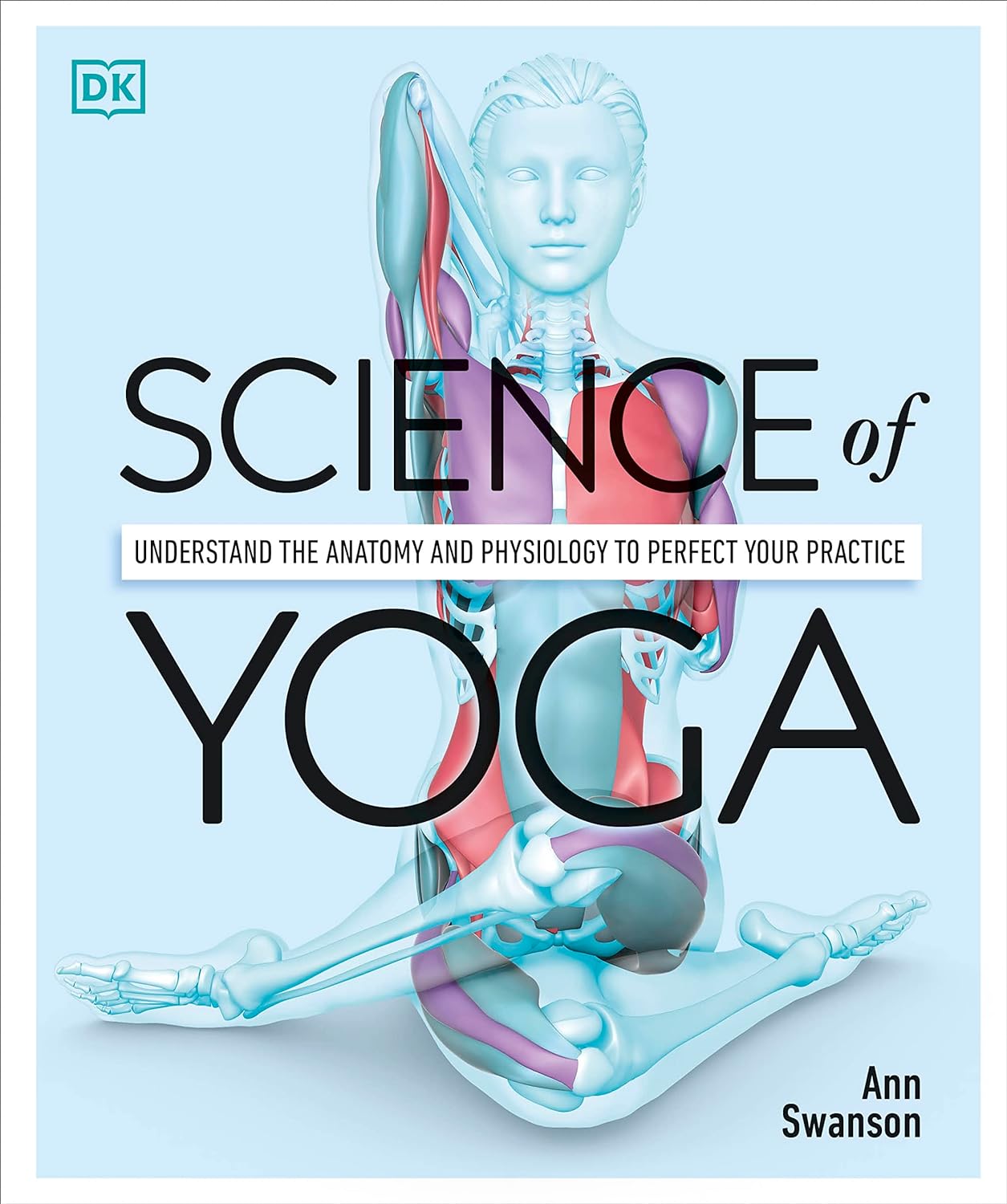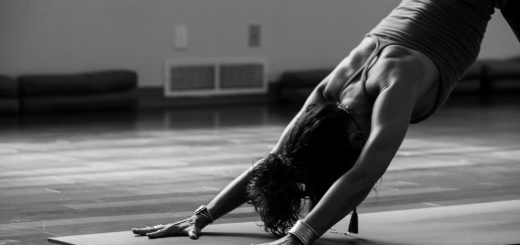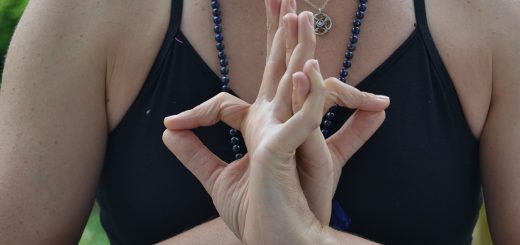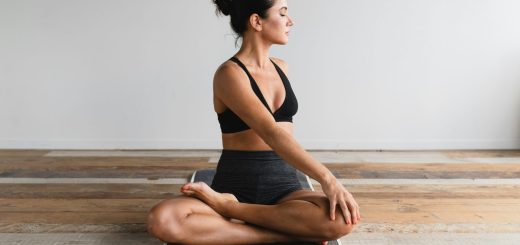Yoga Poses for Mental Clarity and Focus
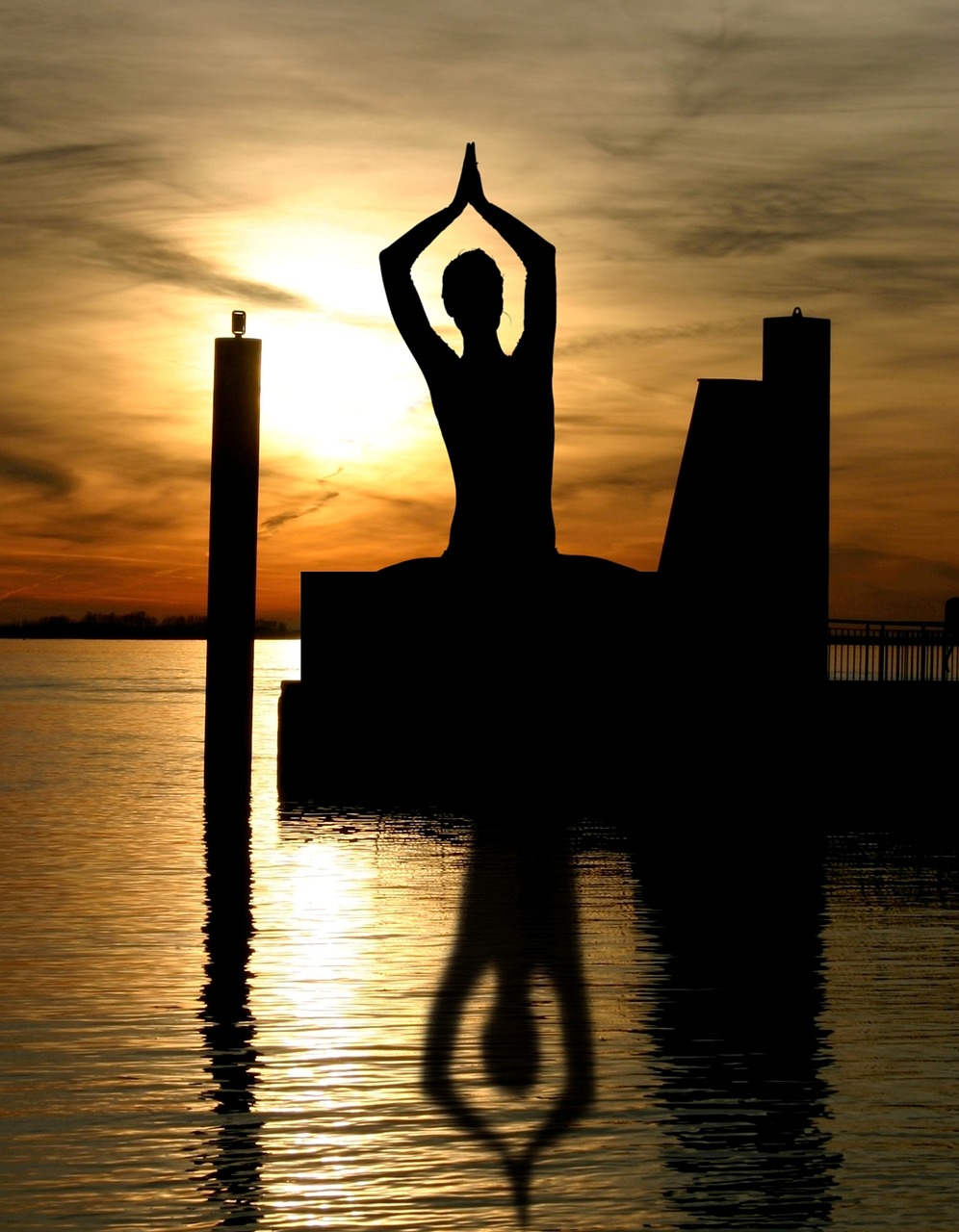
Before diving in, please note: This post is for informational purposes only. If you’d like to know more about how we approach topics, feel free to check out our friendly Disclaimer Page.
Hey there, amazing readers! 🖐️ Just a quick note: yes, we know there are a lot of ads here. Trust us, we get it—it’s not the prettiest look, but they help us keep this blog alive and kicking. Those pesky little ads cover the costs of all the behind-the-scenes magic, from hosting and tech stuff to creating content we hope you’ll love.
We’re committed to delivering quality posts, and your support (even just sticking around despite the ads) means everything to us. So, bear with us, and thanks for helping us keep the good vibes rolling. Now, on to the fun stuff! 😉
TRANSLATE BUTTON AT THE END OF THE ARTICLE
A Quick Overview
Yoga has been practiced for centuries as a way to improve physical health, but it also offers numerous benefits for mental clarity and focus.
By combining controlled breathing, mindfulness, and physical postures, yoga can help calm the mind, reduce stress, and improve concentration.
In this article, we will explore some of the best yoga poses for mental clarity and focus, along with the benefits they provide.
Benefits of Yoga for Mental Focus
Yoga is known to have a profound impact on mental health and cognitive function.
Some of the key benefits of yoga for mental focus include:
Reducing stress and anxiety levels
Improving concentration and memory
Enhancing mood and overall well-being
Increasing self-awareness and mindfulness
Promoting relaxation and better sleep
By practicing yoga regularly, individuals can cultivate a sense of balance and harmony between the body and mind, leading to improved mental clarity and focus.
Downward-Facing Dog Pose (Adho Mukha Svanasana)
Downward-Facing Dog is a foundational yoga pose that helps to calm the mind and invigorate the body.
This pose stretches the entire body, including the spine, shoulders, hamstrings, and calves, while also improving circulation to the brain.
By holding this pose and focusing on deep breathing, practitioners can experience a sense of mental clarity and renewed energy.
To practice Downward-Facing Dog:
Start in a tabletop position on your hands and knees.
Lift your hips up and back, straightening your arms and legs to form an inverted V shape.
Press your hands firmly into the mat and engage your core.
Hold the pose for several breaths, focusing on lengthening the spine and relaxing the head and neck.
Tree Pose (Vrksasana) for Balance and Focus
Tree Pose is a balancing posture that requires concentration and focus to maintain stability.
By grounding one foot into the mat and bringing the other foot to rest on the inner thigh or calf, practitioners can improve their balance and mental focus.
This pose also helps to strengthen the legs and core muscles, while promoting a sense of calm and centeredness.
To practice Tree Pose:
Begin in a standing position with both feet hip-width apart.
Shift your weight onto your left foot and lift your right foot to rest on the inner thigh or calf of your left leg.
Bring your hands together in front of your heart or extend them overhead.
Focus on a fixed point in front of you and breathe deeply to find your balance.
Warrior II Pose (Virabhadrasana II) for Strength
Warrior II Pose is a powerful standing posture that builds strength in the legs, arms, and core muscles.
This pose requires mental focus and determination to hold, while also promoting a sense of confidence and empowerment.
By grounding the back foot and extending the arms out to the sides, practitioners can feel a strong sense of stability and presence.
To practice Warrior II Pose:
Begin in a standing position with your feet wide apart.
Turn your right foot out to the side and bend your right knee to a 90-degree angle.
Extend your arms out to the sides, parallel to the floor, with your gaze over your front hand.
Hold the pose for several breaths, focusing on strength and stability in the lower body.
Seated Forward Bend (Paschimottanasana) for Calm
Seated Forward Bend is a calming yoga pose that helps to release tension in the back, hamstrings, and neck.
This gentle forward fold also has a soothing effect on the mind, promoting relaxation and a sense of inner peace.
By surrendering into the pose and focusing on deep breathing, practitioners can quiet the mind and cultivate a feeling of calm.
To practice Seated Forward Bend:
Sit on the floor with your legs extended in front of you.
Inhale to lengthen the spine, then exhale to fold forward from the hips, reaching for your feet or shins.
Keep the spine long and the shoulders relaxed as you breathe deeply into the stretch.
Hold the pose for several breaths, letting go of any tension or stress in the body and mind.
Cat-Cow Stretch (Marjaryasana-Bitilasana) for Flexibility
The Cat-Cow Stretch is a gentle yoga flow that helps to improve flexibility in the spine and release tension in the back and neck.
By moving through the alternating arching and rounding of the spine, practitioners can increase blood flow to the brain and stimulate the nervous system.
This dynamic movement also promotes a sense of mental clarity and focus.
To practice Cat-Cow Stretch:
Start in a tabletop position on your hands and knees.
Inhale as you arch your back, lifting your head and tailbone towards the ceiling (Cow Pose).
Exhale as you round your back, tucking your chin to your chest and pressing into the floor (Cat Pose).
Flow through these movements with your breath, focusing on the fluidity of the spine and the connection between movement and breath.
Eagle Pose (Garudasana) for Concentration
Eagle Pose is a challenging balance posture that requires focus and concentration to maintain stability.
By wrapping one leg around the other and crossing the arms at the elbows, practitioners can improve their concentration and mental clarity.
This pose also helps to open the shoulders and hips, while promoting a sense of inner strength and determination.
To practice Eagle Pose:
Start in a standing position with your feet hip-width apart.
Lift your right leg and cross it over the left thigh, wrapping it around the calf if possible.
Extend your arms out to the sides, then cross the right arm under the left at the elbows.
Sink down into a half-squat position, balancing on the left leg, and hold the pose for several breaths.
Child’s Pose (Balasana) for Relaxation
Child’s Pose is a restorative yoga posture that promotes relaxation and stress relief.
By kneeling on the floor and folding the torso over the thighs, practitioners can release tension in the back, shoulders, and hips.
This gentle pose also encourages deep breathing and introspection, allowing for a sense of peace and tranquility to wash over the mind.
To practice Child’s Pose:
Kneel on the floor with your big toes touching and sit back on your heels.
Fold forward, extending your arms in front of you or resting them by your sides.
Rest your forehead on the mat and breathe deeply into the back of the body.
Hold the pose for several breaths, surrendering into the posture and letting go of any thoughts or distractions.
Corpse Pose (Savasana) for Mental Clarity
Corpse Pose is a final relaxation posture that promotes mental clarity and a sense of peace.
By lying flat on the back with the arms and legs extended, practitioners can release tension in the body and mind.
This pose allows for a complete surrender and integration of the practice, leading to a state of deep relaxation and mental clarity.
To practice Corpse Pose:
Lie on your back with your legs extended and arms by your sides.
Close your eyes and relax the entire body, letting go of any tension or effort.
Breathe deeply and allow the mind to become quiet and still.
Remain in the pose for several minutes, absorbing the benefits of the practice and cultivating a sense of mental clarity.
Plank Pose (Phalakasana) for Core Strength
Plank Pose is a foundational yoga posture that builds strength in the core muscles and improves stamina.
By holding a straight line from head to heels in a push-up position, practitioners can engage the entire body and focus on their breath.
This pose helps to increase mental focus and determination, while also toning the arms, shoulders, and legs.
To practice Plank Pose:
Start in a push-up position with your hands directly under your shoulders and legs extended behind you.
Engage your core muscles and hold your body in a straight line from head to heels.
Keep the shoulders relaxed and breathe deeply as you hold the pose.
Hold for several breaths, focusing on strength and stability in the core muscles.
Mindful Meditation in Lotus Pose (Padmasana)
Lotus Pose is a traditional seated posture for meditation that helps to calm the mind and improve focus.
By crossing the legs and resting the hands on the knees, practitioners can sit with an upright spine and cultivate a sense of inner peace.
This pose encourages mindfulness and introspection, allowing for a deeper connection to the present moment and enhanced mental clarity.
To practice Lotus Pose for meditation:
Sit on the floor with your legs crossed, bringing each foot onto the opposite thigh.
Rest your hands on your knees with palms facing up or down.
Close your eyes and focus on your breath, bringing awareness to the present moment.
Allow thoughts to come and go without judgment, returning to the breath whenever distractions arise.
Conclusion
In conclusion, incorporating yoga poses into your daily routine can be a powerful tool for enhancing mental clarity and focus.
By practicing poses that promote relaxation, balance, strength, and concentration, individuals can cultivate a sense of peace and presence in their daily lives.
Whether you are a beginner or an experienced yogi, these poses can help you tap into the benefits of yoga for improved mental well-being.
Take the time to explore these poses and incorporate them into your practice for a more focused and clear mind.

The Enlightenment Journey is a remarkable collection of writings authored by a distinguished group of experts in the fields of spirituality, new age, and esoteric knowledge.
This anthology features a diverse assembly of well-experienced authors who bring their profound insights and credible perspectives to the forefront.
Each contributor possesses a wealth of knowledge and wisdom, making them authorities in their respective domains.
Together, they offer readers a transformative journey into the realms of spiritual growth, self-discovery, and esoteric enlightenment.
The Enlightenment Journey is a testament to the collective expertise of these luminaries, providing readers with a rich tapestry of ideas and information to illuminate their spiritual path.
Our Diverse Expertise 🌟
While our primary focus is on spirituality and esotericism, we are equally passionate about exploring a wide range of other topics and niches 🌍📚. Our experienced team is dedicated to delivering high-quality, informative content across various subjects ✨.
To ensure we provide the most accurate and valuable insights, we collaborate with trusted experts in their respective domains 🧑🏫👩🏫. This allows us to offer well-rounded perspectives and knowledge to our readers.
Our blog originally focused on spirituality and metaphysics, but we’ve since expanded to cover a wide range of niches. Don’t worry—we continue to publish a lot of articles on spirituality! Frequently visit our blog to explore our diverse content and stay tuned for more insightful reads.

